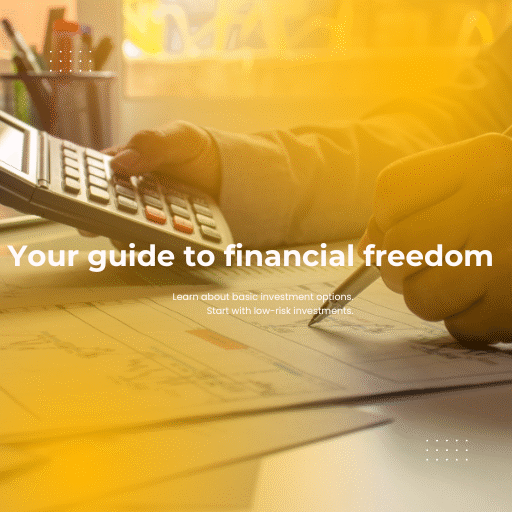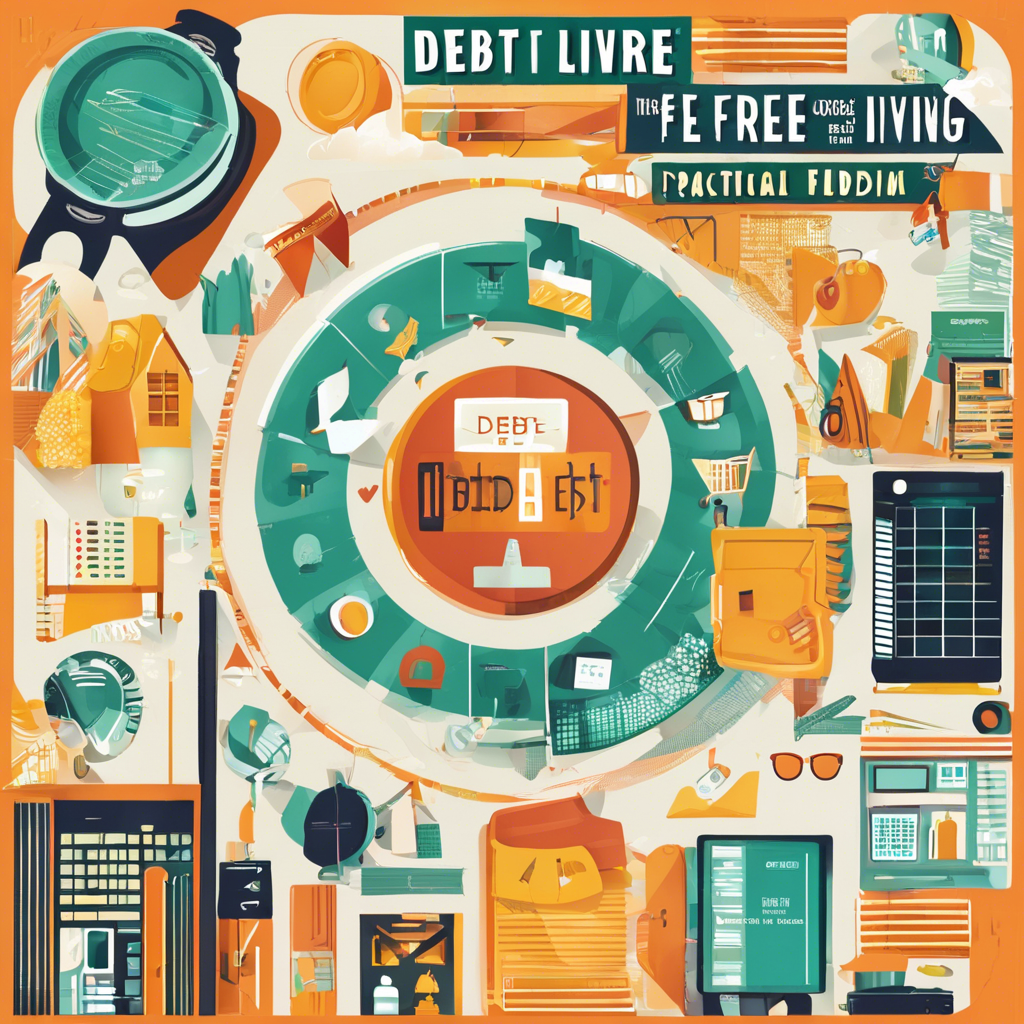As a professional journalist, navigating the realm of personal finance can be a daunting task. One of the key pillars of financial stability is achieving a debt-free lifestyle. In this article, we will delve into practical tips to manage credit effectively and regain your financial freedom. By implementing these strategies, you can take control of your finances and work towards a more secure future.
Table of Contents
1. Introduction
2. Understanding Debt
3. Creating a Budget
4. Paying Off Debt
5. Building an Emergency Fund
6. Avoiding Temptation
7. Seeking Professional Help
8. Monitoring Your Progress
9. Celebrating Milestones
10. Staying Committed
11. Dealing with Setbacks
12. Long-Term Financial Planning
13. Maintaining a Debt-Free Lifestyle
14. Conclusion
Introduction
Living a life free from the burden of debt is a goal that many aspire to achieve. However, the journey to financial freedom requires dedication, discipline, and a strategic approach. By taking proactive steps to manage your credit and eliminate debt, you can pave the way for a more stable and secure financial future.
Understanding Debt
Debt comes in various forms, including credit card balances, student loans, mortgages, and personal loans. It is essential to understand the types of debt you have and the associated interest rates and terms. By gaining clarity on your financial obligations, you can develop a targeted plan to address them effectively.
Creating a Budget
A fundamental aspect of managing credit and debt is creating a comprehensive budget. Start by listing your monthly income and expenses to gain insight into your financial situation. Allocate a portion of your income towards debt repayment while ensuring that you cover essential expenses and savings goals.
Paying Off Debt
Prioritize high-interest debt and consider using strategies such as the debt snowball or debt avalanche method to accelerate your repayment progress. By making consistent payments and avoiding accruing additional debt, you can gradually reduce your outstanding balances and move closer to a debt-free life.
Building an Emergency Fund
Establishing an emergency fund is crucial to protect yourself from unexpected expenses or income disruptions. Aim to save at least three to six months’ worth of living expenses in a separate account to provide a financial safety net during challenging times.
Avoiding Temptation
In a consumer-driven society, it can be easy to succumb to the allure of impulse purchases and lifestyle inflation. Practice mindful spending habits, differentiate between needs and wants, and avoid unnecessary expenses that can derail your financial progress.
Seeking Professional Help
If you feel overwhelmed by your debt burden or unsure about the best course of action, consider seeking advice from financial professionals. Credit counselors, financial planners, and debt consolidation services can offer guidance tailored to your specific circumstances and goals.
Monitoring Your Progress
Track your debt repayment journey regularly to stay motivated and accountable. Celebrate small victories along the way, such as paying off a credit card or reaching a significant milestone in your debt reduction plan. Visualizing your progress can reinforce your commitment to financial freedom.
Celebrating Milestones
Recognize and celebrate your achievements as you make strides towards debt-free living. Whether it’s reaching a specific debt payoff goal or increasing your savings rate, acknowledge your hard work and dedication. Rewarding yourself can boost your morale and sustain your financial momentum.
Staying Committed
Maintaining a debt-free lifestyle requires ongoing dedication and perseverance. Stay committed to your financial goals, resist the temptation to overspend, and prioritize long-term financial security over short-term gratification. Consistent effort and discipline will yield lasting rewards.
Dealing with Setbacks
Financial setbacks are a natural part of the journey towards debt freedom. Whether it’s unexpected expenses, income fluctuations, or unforeseen challenges, approach setbacks with resilience and adaptability. Reframe setbacks as temporary obstacles to overcome, rather than insurmountable barriers.
Long-Term Financial Planning
Look beyond debt repayment and focus on long-term financial planning. Invest in your future by saving for retirement, creating multiple income streams, and diversifying your assets. Building wealth and financial security requires a holistic approach that extends beyond debt elimination.
Maintaining a Debt-Free Lifestyle
Once you have achieved debt freedom, it’s essential to maintain healthy financial habits to prevent a relapse into debt. Continue to budget effectively, save diligently, and practice responsible credit management. By staying vigilant and proactive, you can enjoy the benefits of a debt-free lifestyle for the long term.
Conclusion
In conclusion, managing credit effectively and embracing a debt-free lifestyle is a transformative journey towards financial empowerment. By implementing practical tips, staying committed to your goals, and seeking support when needed, you can regain control of your finances and pave the way for a brighter financial future. Take the first step towards financial freedom today and embark on a path towards lasting prosperity.
Remember, financial freedom is within reach. Start your journey towards a debt-free life today.

